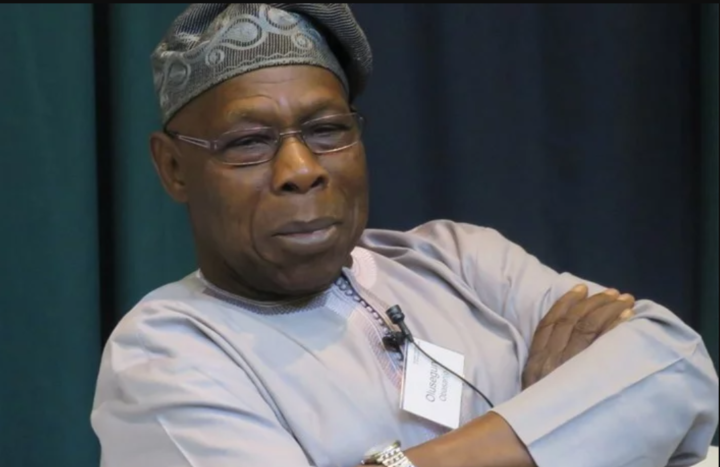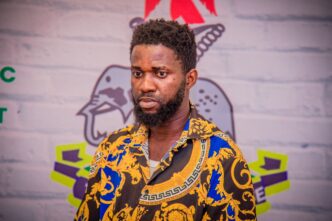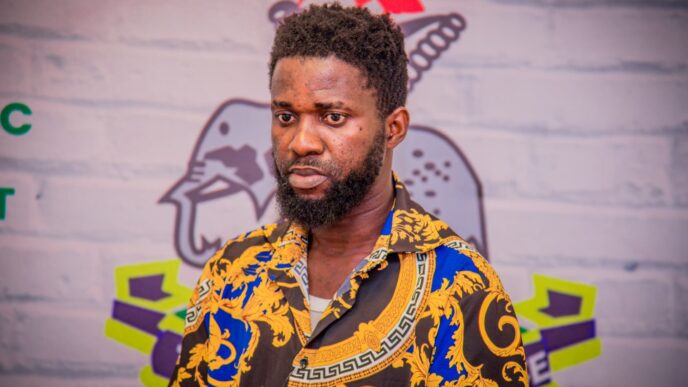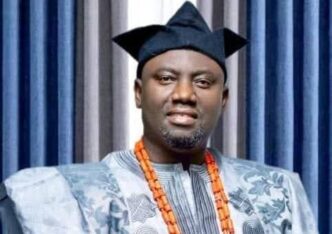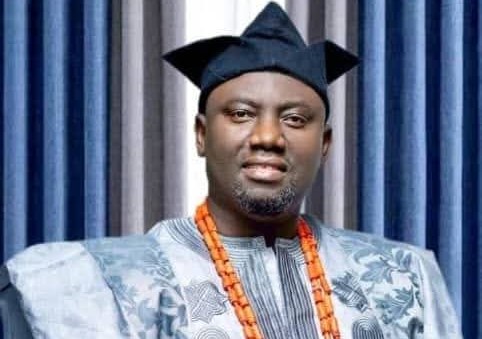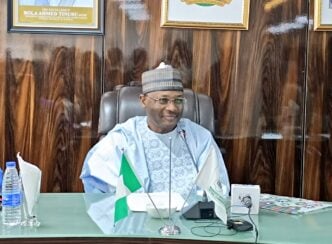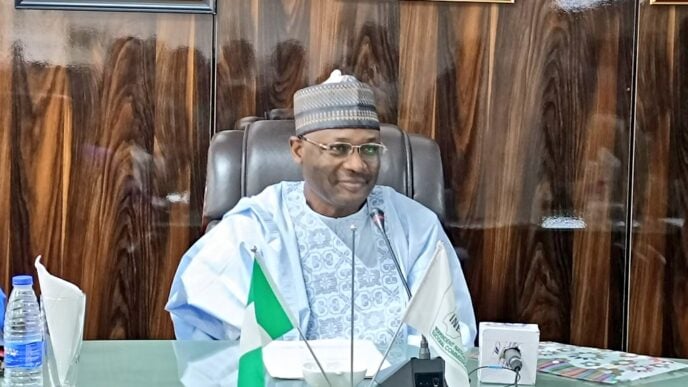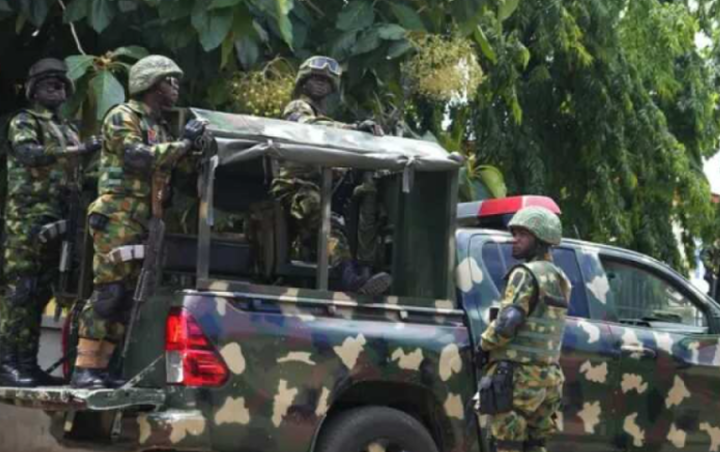Former President Olusegun Obasanjo says he was imprisoned under the military regime of the late Sani Abacha because he refused to keep quiet on national and international issues.
Obasanjo spoke during an interactive session with 15 young African leaders at the Olusegun Obasanjo Presidential Library (OOPL) in Abeokuta, the Ogun state capital, over the weekend.
The participants were part of the Future Africa Leaders Foundation (FALF) and included 10 winners of the 2024 Future Africa Leaders Awards.
In a statement by Kehinde Akinyemi, his media assistant, Obasanjo recounted the challenges he faced after leaving the military.
Advertisement
“I joined the army and retired at 42, after which I went into agriculture,” he said.
“During that time, I was imprisoned, which was not what I wanted. Going to prison is a challenge I faced because I refused to keep quiet. Whenever there was a need to comment on issues, I did so. That’s how I ended up in prison.”
The former president said his decision to contest the presidency in 1999 stemmed from “the dire state of the country”.
Advertisement
“When I came out of prison, the situation in the country was so bad that pressure mounted for me to step in and help save it,” he said.
Obasanjo also criticised the rising debt burden in Africa, attributing much of it to mismanagement and corruption.
“Most of the debts in some African countries are reckless and outright corruption,” he added.
“I know of a state in Nigeria where a loan was obtained for a carpet industry that never materialised, yet the entire loan was repaid.”
Advertisement
He praised Chris Oyakhilome, the FALF founder, for his commitment to empowering young leaders across the continent since 2013.
“What Pastor Chris Oyakhilome has been doing is marvellous,” Obasanjo said.
“Some may dismiss it as a drop in the ocean, but many drops make the ocean. I am pleased with this project and wish him all the best.”
Obasanjo urged the young leaders to take up their roles as change agents, describing leadership in Africa as requiring “positive disruptive action.”
Advertisement
Julian New Ariori from the Benin Republic, the star prize winner of the event, expressed gratitude on behalf of the group.
Ariori said the tour of the Obasanjo Presidential Library had broadened their perspectives and inspired them to lead with purpose.
Advertisement
Other participants included representatives from Libya, Morocco, Guinea-Bissau, Kenya, South Sudan, Malawi, Egypt, Cameroon, Togo, Ghana, Lesotho, Rwanda, and Burkina Faso, with Sylvester Ebhodaghe, FALF’s head of media and government relations, serving as their chaperone.
Advertisement
Add a comment
